As Palestinian President Mahmoud Abbas turns 90, he presides over shrinking pockets of authority in the West Bank while remaining largely irrelevant to the future of Gaza and increasingly disconnected from the people he claims to represent.
Once seen as the leader capable of negotiating a Palestinian state, Abbas now stands at the centre of a political dynamic where Palestinian aspirations are dimmer than at any point in the past two decades. His eroding legitimacy, Israel’s tightening grip, internal political paralysis and the absence of viable alternatives have collectively pushed the project of Palestinian statehood to the brink.
A weakened presidency with diminishing public trust
Abbas, one of the world’s oldest serving leaders, has spent 20 years in office without holding elections. A drastic decline in his standing is reflected in a recent PCPSR poll showing that 80% of Palestinians in the West Bank and Gaza want him to resign, and only one-third support a role for the Palestinian Authority (PA) in post-war Gaza. Critics accuse him of governing through a narrow inner circle, curbing political participation, and maintaining security coordination with Israel even as settlements expand and settler violence escalates.
This loss of legitimacy is compounded by the stagnation of Palestinian statehood prospects. International bodies and legal experts have described Israel’s war in Gaza as amounting to genocide, a charge Israel denies while Israeli leaders push openly for annexation of parts of the West Bank. For Palestinians, this trajectory, coupled with Abbas’ failure to mount any effective challenge, has fuelled despair and a leadership vacuum.
How Gaza and the West Bank slipped beyond Abbas’ control
Abbas’ political decline began long before the current crisis. His authority was significantly damaged in 2007 when Hamas violently ousted the PA from Gaza, cementing a split between Gaza and the West Bank. In the years since, Abbas has retained control only over isolated areas in the West Bank, where Israeli control over land, resources, borders and movement has steadily undercut the PA’s relevance.
Former Israeli Prime Minister Ehud Olmert has argued that Benjamin Netanyahu’s long-term strategy has been explicitly designed to weaken Abbas and prevent any advance towards a negotiated agreement. This has included withholding tax revenues, estimated by the PA at $3 billion and publicly questioning Abbas’ commitment to peace. Despite the PA’s extensive security cooperation with Israel, many Palestinians view the arrangement as collaboration with an occupying force, further eroding trust.
A political vacuum that fuels Hamas support and limits future options
Years of political paralysis under Abbas have closed off avenues for democratic participation and non-violent mobilisation. Analysts argue that by suppressing political competitors and avoiding elections, Abbas has inadvertently strengthened Hamas, which presents itself as the only force “doing something” against Israeli occupation. Even Palestinians critical of Hamas’ actions see Abbas’ passivity as an abdication of leadership.
In this context, Israel’s push to prevent any PA role in Gaza after the war has left open the possibility of an international governance body dominated by Israel’s allies. Palestinian analysts fear this would cement political fragmentation and kill any remaining hope of reunifying Gaza and the West Bank — the minimum territorial basis for statehood.
Quick Reads
View AllReform pledges met with deep scepticism
Under growing pressure, Abbas has floated reforms: promising elections after the Gaza war, creating a joint commission with France to draft a new constitution and initiating limited anti-corruption actions such as the removal of the transport minister. But a majority of Palestinians doubt he will follow through. Polls suggest that, if elections occurred, imprisoned Fatah leader Marwan Barghouti would far outpoll Abbas, with Hamas candidates also ranking well ahead of him.
Reform, analysts say, faces structural resistance from both the US and Israel, neither of which wants a fully empowered Palestinian leadership capable of challenging Israeli policy. As Ines Abdel Razak of the Palestine Institute for Public Diplomacy notes, “Any effective ruler would confront the Israeli occupation.”
What Abbas’ decline means for Palestinian statehood
Abbas’ shrinking authority, combined with Israel’s decisive control on the ground, leaves Palestinians without a coherent leadership strategy at a moment of profound crisis. U.S. President Donald Trump’s proposal for an international council to run Gaza with PA participation only after unspecified reforms further sidelines Abbas. And Israel, analysts argue, is likely to continue blocking PA return to Gaza to avoid strengthening Palestinian unity and statehood claims.
As Ghassan Khatib, a former PA minister, puts it: “Israel is the party that is calling the shots on the ground.”
With Abbas entering his tenth decade in declining political relevance, Palestinians face an uncertain future — fractured territory, weakened institutions, and a leadership crisis that threatens the very basis of their longstanding pursuit of statehood.
With inputs from agencies


)
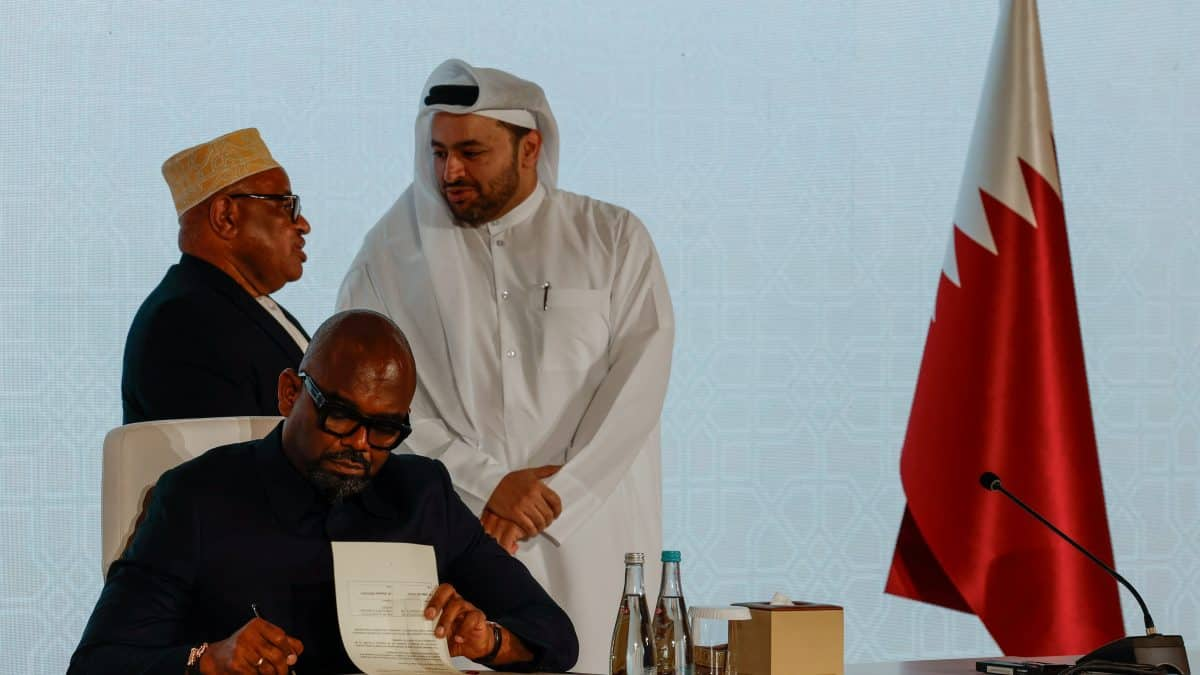
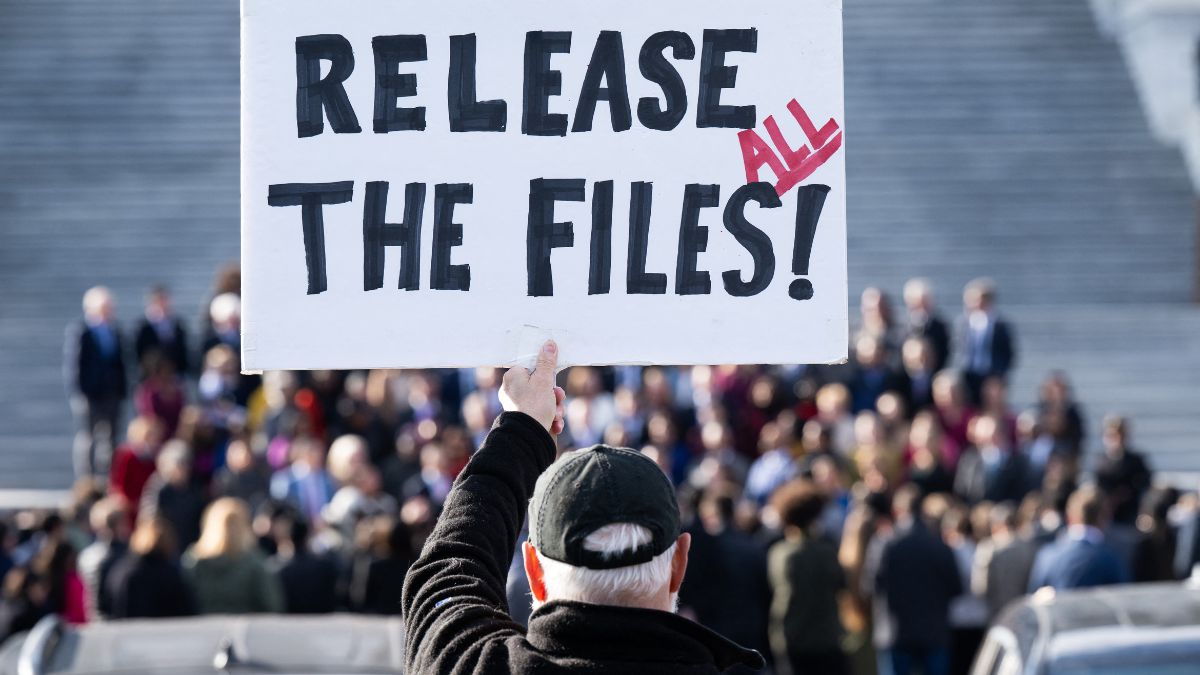)
)
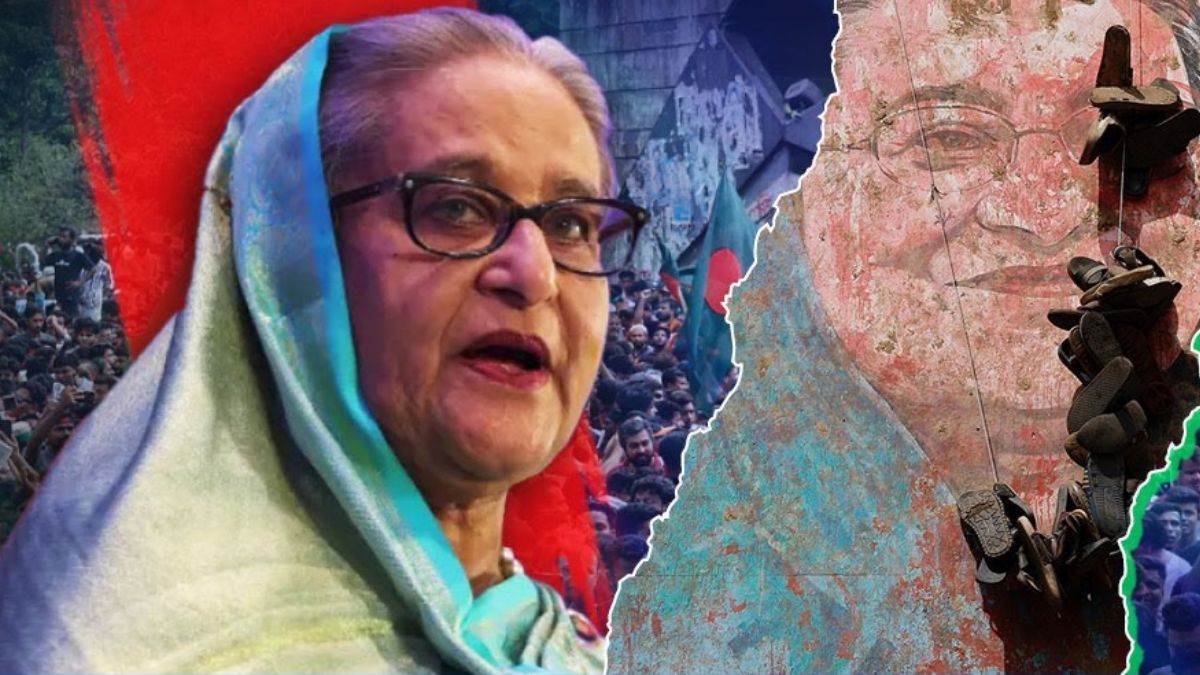)
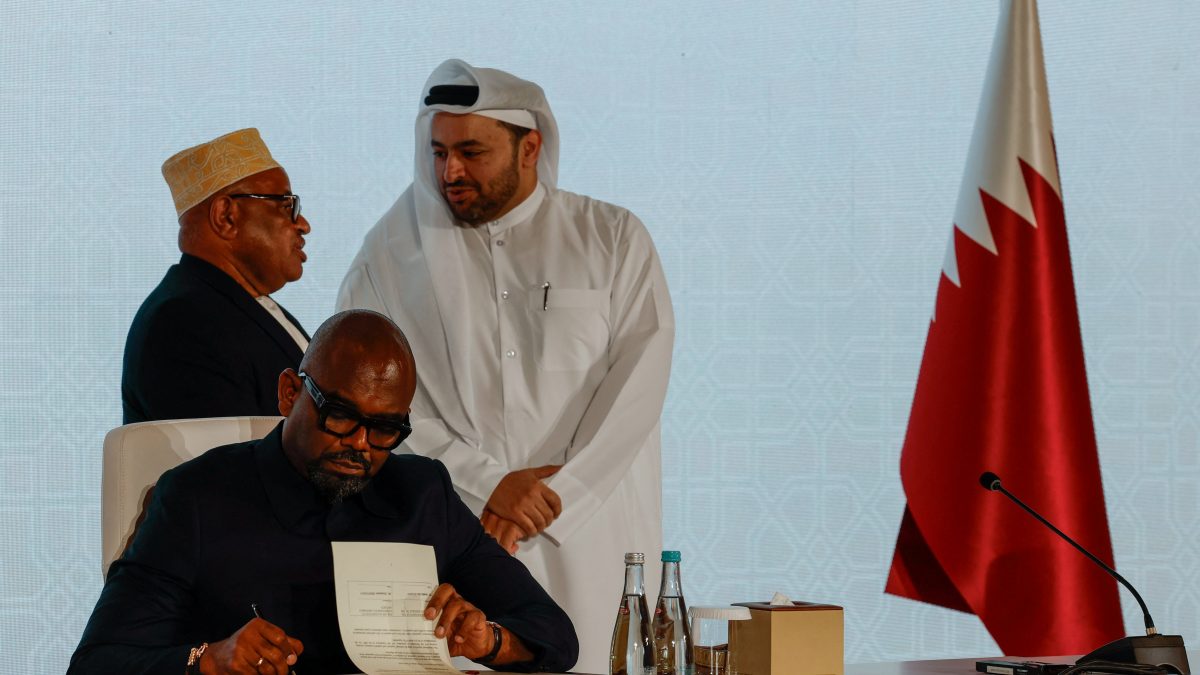)
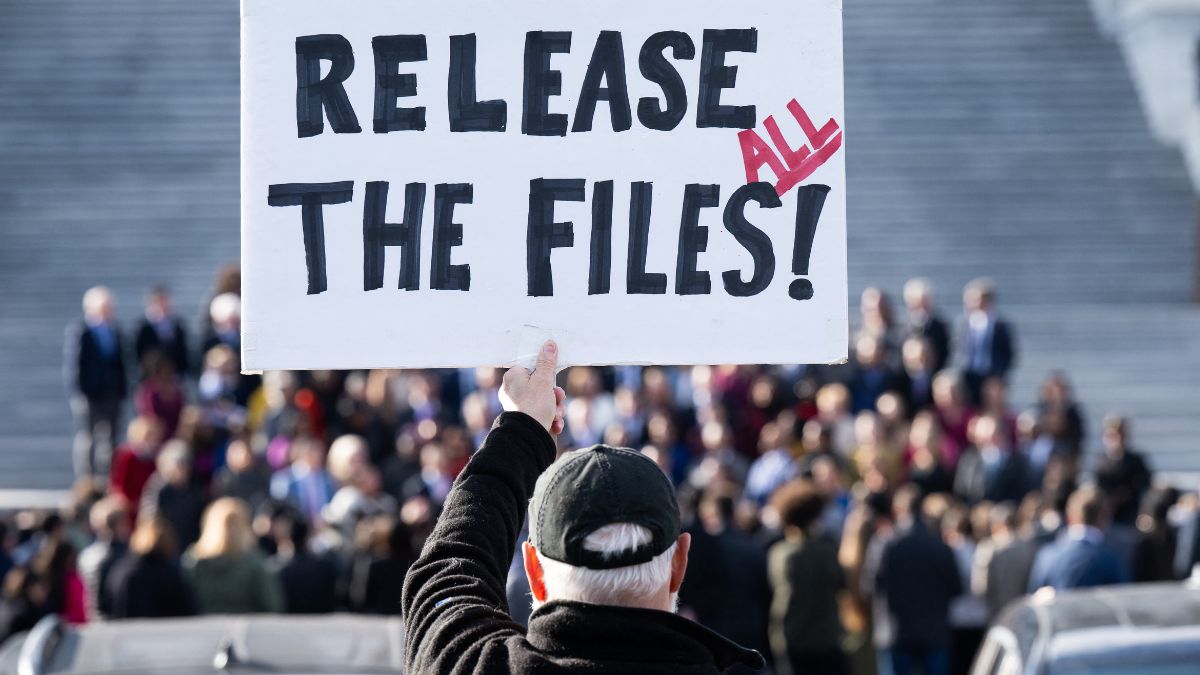)
)
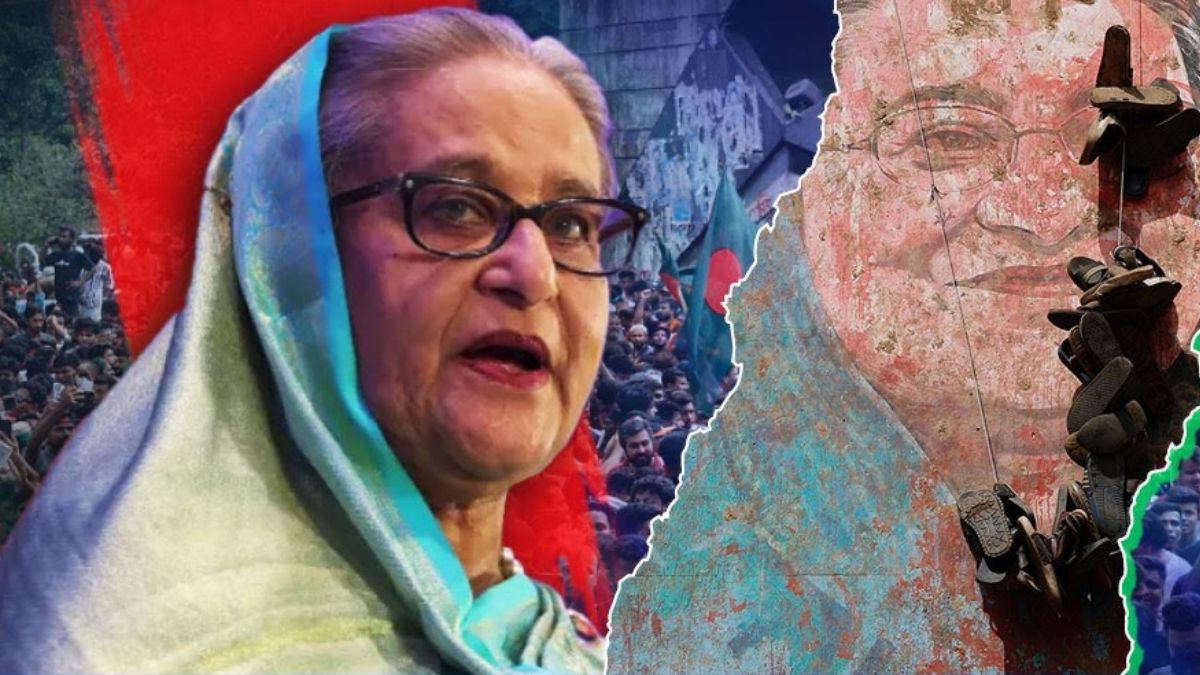)
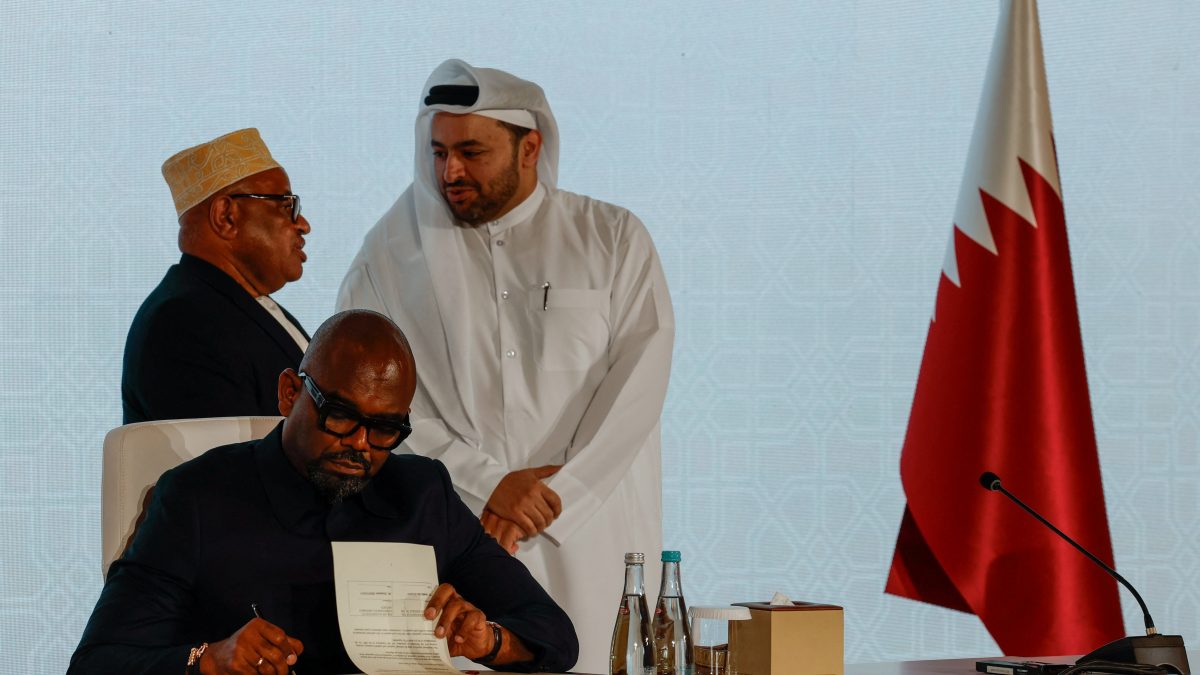)



